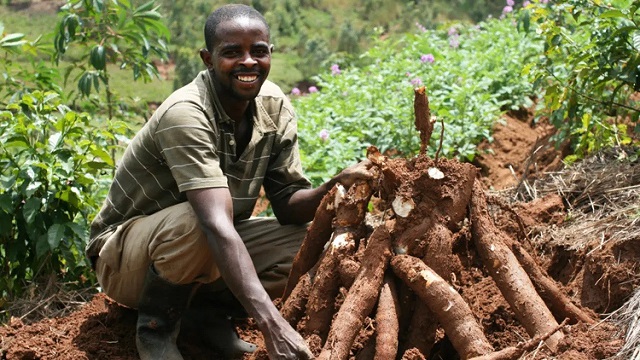
Although impact cannot be ascertained yet, the poor must be cushioned against worst effects
COMMENT | MUKOTANYI ALEX | It was in December 2019 in a Chinese city of Wuhan that a new human coronavirus now popularly known as COVID-19 emerged.
As of Friday July10, 2020 all over global Televisions like BBC, Aljazeera among others reported 7.5 million confirmed cases of the coronavirus and in Uganda according to the Ministry of Health, as of 10th July 2020, the cumulative total confirmed cases of Ugandans reached 1,013.
When COVID-19 emerged, Uganda quickly joined the rest of the world with measures to contain the spread of the disease. I must say, not once since 01 January 1992 when I was born in Mpororo now Ntungamo District, nor even recently as an adult living in Lyantonde District, could I have imagined I could witness something that could bring the whole world or my village to its knees. The lockdown as a result of COVID19 has.
With the total lockdown , schools at all levels were shut down, workers we were told to work from home, and in some instances major markets were closed down.
Before I forget I would like to thank our President, Yoweri Museveni, for the way he continued to guide the country despite the fact that Covid-19 pandemic caught us unprepared as a country.
With the impact of Covid-19 on all areas of human endeavors, a global health crisis has now become global economic crisis. As food is the mainstay of any nation it has now become imperative to look into the impact of the virus on food supply system and; especially, on smallholder farmers -the poor.
About 75% of Uganda’s population is in agriculture and close to 70% are smallholder farmers who derive their livelihood from agriculture. These cultivate less than five hectares of land.
The measures to combat the spread of COVID-19 have worsened the situation of this group. They have failed to get easy access to both their land and markets to sell their products or buy seeds and other essential inputs. They have also been left at the mercy of the middlemen giving them low food prices.
Although the magnitude of the impact cannot be ascertained as at the moment, special consideration needs to be given on how to cushion effects of Covid-19 on the most vulnerable and bottom-down of the pyramid in the society-the poor.
It is noteworthy that the government has shown commitment to sustain her aricultural activities like farms, cargo imports and exports despite the crisis. However, this has not solved the problem of lack of market and fair prices in relation to the production costs for the smallholder farmers in the country.
In order for the government to protect and sustain food systems and markets for smallholder farmers, it needs to collaborate with Uganda National Farmers Federation to establish collection centres’ set up by small holder farming cooperatives as a way of keeping the supply chain functioning through market closures.
At these centres, members of the cooperative manage the sales to consumers and buyers. They are proving an effective way of keeping farmer produce flowing to market – but more are needed; at least one or two collection centres per district. The cooperative trading model, for example, could provide more direct producer-consumer relations that enable producers to secure better prices and more influence over the value chain.
Establishing models for equitable market linkages for small-scale producers could help the country become more self-sufficient, rather than depending on cheaper imports that depress prices. This will help secure producer’s rights to fix the price of their produce in relation to costs of production so that they get a fair deal.
Special intervention funds should also be injected into agriculture sector. Such funds should be used to develop alternative food production system such as greenhouse technology and hydroponic farming. These technologies have the capacity to withstand restrictions in movements than the traditional system of agriculture and as well have potentials for higher yield. It is also possible to extend cash entitlements from the intervention fund to the bottom-down of the pyramid that may be worst hit by the pandemic.
If we consider the above suggested measures, as a country we shall not only cope with possible effects of COVID-19 pandemic on the food supply system but also we shall solve key problems that have hampered the agricultural sector for long, like the existence of fragmented markets and unreasonable prices of most of the Agricultural products.
****
Mukotanyi Alex works for Uganda National Farmers Federation
 The Independent Uganda: You get the Truth we Pay the Price
The Independent Uganda: You get the Truth we Pay the Price




